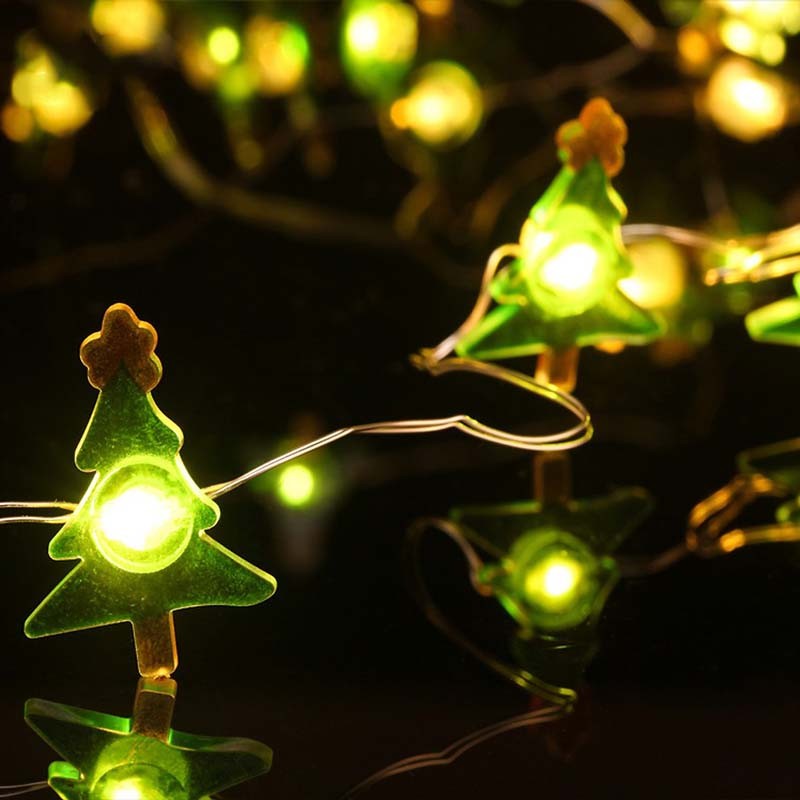In the musical fantasy film Labyrinth, director Jim Henson included a scene in which the heroine Sarah is freed from oblivion by the dwarf Hoggle, who defines her as “a place where you put people”. to forget them! [12] These sample phrases are automatically selected from various online information sources to reflect the current use of the word “oubliette”. The views expressed in the examples do not represent the views of Merriam-Webster or its editors. Send us your feedback. Moving away| Climbing| Algorithm| | Heuristics Subject matter expert| Operationalization | Playbook | Smart Contract| Dead horse| Knife fighting| 7 | This could upset your at-risk peers, and it will undoubtedly appeal to your own Rube Goldberg instinct – every transactional legal eagle has one, no matter how deeply buried, and it will make your opposite right eagle delighted. A dungeon is a room or cell where prisoners are held, especially underground. Dungeons are generally associated with medieval castles, although their association with torture is more likely to belong to the Renaissance. [ref. needed] A oubliette (from French forget means forgotten) or bottle dungeon is a room in the basement that is only accessible through a trapdoor or hole (a hole of fear) in a high ceiling.
Victims of Oubliettes were often left to starve and dehydrate, which was similar to the practice of locking oneself up – and some say a real variant – of walling oneself. Trial oubliette/nɪˌgəʊʃɪˈeɪʃən/ /ˌuːblɪˈɛt/ (n.) At the beginning of Jack Vance`s High Fantasy Lyonesse trilogy (1983-1989), King Casmir of Lyonesse condemns Prince Aillas de Troicinet, whom he considers a vagabond, to oblivion for the crime of having seduced his daughter. After a few months, the resourceful prince makes a ladder from the bones of former prisoners and the rope on which he had been lowered, and escapes. [ref. needed] In French, the term dungeon always refers to a “dungeon”, and the English term “dungeon” mainly refers to the oubliette in French. Dungeon is therefore a false friend of Dungeon (although the game is called Dungeons & Dragons in its French editions Dungeons and Dragons). Although many actual dungeons are just one single room with a heavy door or with access only through a hatch or hatch in the floor of the room above, the use of dungeons for torture, as well as their connection to common human fears of being trapped underground, has made dungeons a powerful metaphor in a variety of contexts. The dungeons as a whole have been associated with underground cell complexes and torture chambers. As a result, the number of real dungeons in castles is often exaggerated to interest tourists.
Many rooms described as dungeons or dungeons were actually water cisterns or even latrines. [5] An oubliette (of the same origin as the French oublier, meaning “to forget”[2]) is a room in the basement accessible only through a trapdoor or hole (a hole of fear) in a high ceiling. While it`s unclear exactly who met their fate in an oblivion, there are a number of them in English and Irish castles. It is possible to imagine who the prisoners could have been based on the history of these castles. Although the oubliette is thought to have originated in French castles, other European countries quickly took advantage of the scary idea, although apparently they did not use the word “oubliette” to describe it until the 1800s. The word keep comes from the French donjon (also written dongeon), which means “dungeon”, the main tower of a castle. The first recorded occurrence of the word in English was in the early 14th century, when it had the same meaning as keep. The original correct meaning of “keep” is still used for academics, although it has been widely abused in popular culture, meaning a cell, or “oubliette”. [ref. needed] Although it is uncertain, it is believed that dungeon and dungeon are derived from the Middle Latin word dominus, meaning “lord” or “master”. [1] In 2009, one of them was discovered in a castle in Nottinghamshire, England.

Sed non elit aliquam, tempor nisl vitae, euismod quam. Nulla et lacus lectus. Nunc sed tincidunt arcu. Nam maximus luctus nunc, in ullamcorper turpis luctus ac. Morbi a leo ut metus mollis facilisis. Integer feugiat dictum dolor id egestas. Interdum et malesuada fames ac ante ipsum primis in faucibus.
